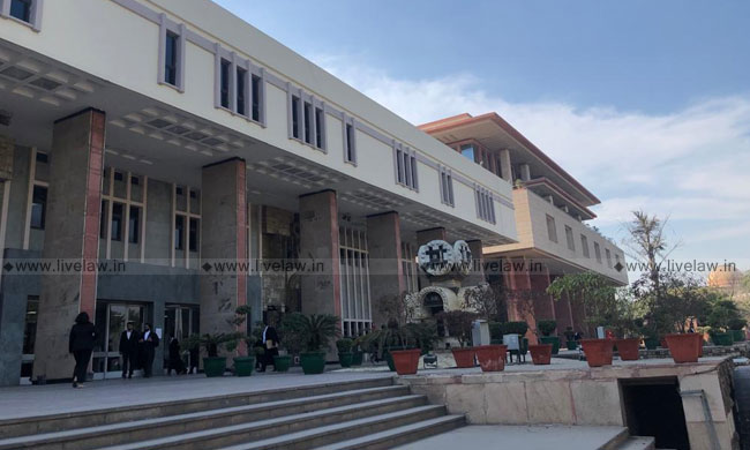Disclosing Elaborate Reasons For Passing 'Interception Orders' May Affect Intelligence: Delhi High Court
Nupur Thapliyal
14 Jun 2022 12:00 PM IST

Next Story
14 Jun 2022 12:00 PM IST
The Delhi High Court has observed that the disclosure of elaborate reasons for interception orders would be against the modified disclosure requirements of procedural fairness. "The disclosure of elaborate reasons for interception orders would be against the modified disclosure requirements of procedural fairness which have been universally deemed acceptable for the protection of other facets...
